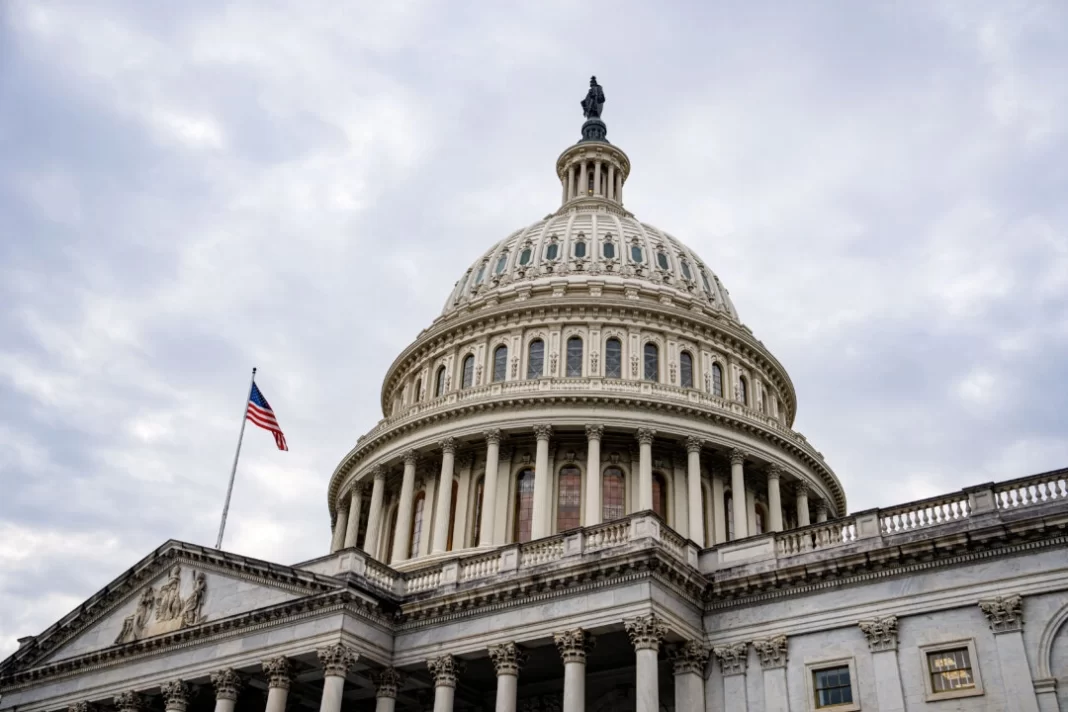A look back at a turbulent Congress that saw the election of two speakers, divisions over funding and other issues, and the expulsion of a House member.
The 119th Congress of the United States will officially sit for the first time on Jan. 3, 2025—marking the official close of the particularly tumultuous and divided 118th Congress.
The Congress was defined by ideological splits among House Republicans, whose narrow majority meant that everything—from who held the speaker’s gavel to how the government would be funded—was on the line, and Republicans needed broad agreement to advance any course of action.
With President Joe Biden in the White House and Democrats in control of the upper chamber, partisan divisions were also especially pronounced.
While Republicans mounted investigations into the administration and executive officials, Democrats broke records in the Senate for judicial confirmations.
Aside from the compromise deals that resulted from House Speaker Kevin McCarthy (R-Calif.) and House Speaker Mike Johnson’s (R-La.) negotiations with Democrats—largely related to financial issues—there were few major legislative agreements during this Congress.
Here are the highlights of the 118th Congress as it concludes its final days.
1. House Republicans’ Razor-Thin Majority
Ideological divisions among House Republicans were the main story of the 118th Congress—due in large part to the razor-thin majority the party held in the lower chamber.
Splits between conservatives and moderates have always defined the party. With such a narrow margin in the House, the impact of these divisions was substantially magnified. Republicans could only afford a small handful of defections on partisan votes. That meant that members of both major GOP factions were able to hold an outsized influence on the most controversial bills.
Those dubbed moderates—members like Reps. Mike Lawler (R-N.Y.), John Duarte (R-Calif.), Juan Ciscomani (R-Ariz.), and others—showed a willingness to break with their party when they thought the majority was pushing too far.
The conservatives—members like Reps. Matt Gaetz (R-Fla.), Marjorie Taylor Greene (R-Ga.), and Cory Mills (R-Fla.)—pushed for leadership to go further in forcing financial and other concessions from Democrats.









